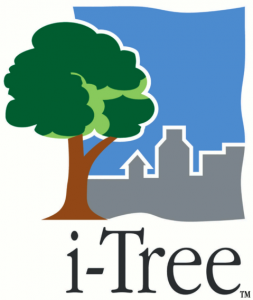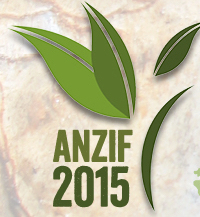Landscape Theory in Architectural and Planning Practice, Ph.D. Course
A Ph.D. course, Landscape Theory in Architectural and Planning Practice is being offered 7th April-5th June 2015, Alnarp, Sweden (7,5 ECTS)
The Department of Landscape Architecture, Planning and Management offers the PhD course Landscape Theory in Architectural and Planning Practice in spring 2015. If you are interested in the course, or have any requests, please contact Mattias Qviström: Mattias.qvistrom@slu.se
How you think about landscape can have a big effect on the way you plan, design and manage “landscape.” In concentrating on the relation between concepts and practice, the course seeks to provide the historical and philosophical background that is necessary for a reflexive practice of landscape architecture and planning. The course seeks to give the student insight into how to use critical theoretical concepts such as landscape, nature, place, space, … to inform and guide a landscape architectural and planning practice that is capable of wedding perspectives taken from the social and natural sciences and the humanities. A key insight the course aims to convey is an understanding of concepts not as fixed and finished, but as living and contested tools that enable the conception of new approaches to the planning practice of landscape architects and planners. The course examines this practice on three inter-linked levels; that of the region, that of the district and that of the local environment. Similarly, it addresses rural and urban, wild and cultivated landscapes. An important aspect of the course is the insight that society and its landscapes are not uniform, but are made of multiple cultures ranging from those of differing generations, which is why one focus in upon the landscapes of childhood and youth, to different classes and ethnicities.
Course Goals
The course’s goal is that the participants shall have attained:
insight into use of key theoretical concepts. ?
learn historical background for key concepts. ?
learn to wed perspectives taken from the social and natural sciences and the ?humanities. ?
learn to work at the region, the city and the local level. ?
develop the interface between working concepts and practice. ?
Course Content & Structure
The course is given on two levels, .master level and PhD-level. The readings, seminars, lectures and other course content and structure are shared by the two levels, but the demands and requirements between Master and PhD students differ somewhat.
The course has two phases:
Phase 1: Theoretical and conceptual questions.
This section has two interspersed parts:
a) Literature seminars based on assigned readings that are presented by the students
b)Lectures by staff and guest lectures.
The literature seminars and lectures are structured around the following themes:
• Landscape and nature
• Landscape
• Representations and reality/the map
• Children, planners and the city
• Place and space
• The right to landscape
Section 2: Empirical research and summary report.
During the first part of the course (7th April–11th May) there will be literature seminars and lectures in Alnarp two days a week. The second part of the course (12th May–29th May) consists of individual writing of a paper. Supervision can be arranged through telephone or Skype for external students.
Teachers and Lecturers:
Mattias Qviström, professor in landscape theory
Maria Kylin, associate professor
Vera Vicenzotti, senior lecturer
Emma Paulsson, PhD-student
Invited guest lecturers
![]() The IUFO Urban Forestry Section now has a Calendar of Events to keep you updated and posted on conferences and events of interest.
The IUFO Urban Forestry Section now has a Calendar of Events to keep you updated and posted on conferences and events of interest. 
